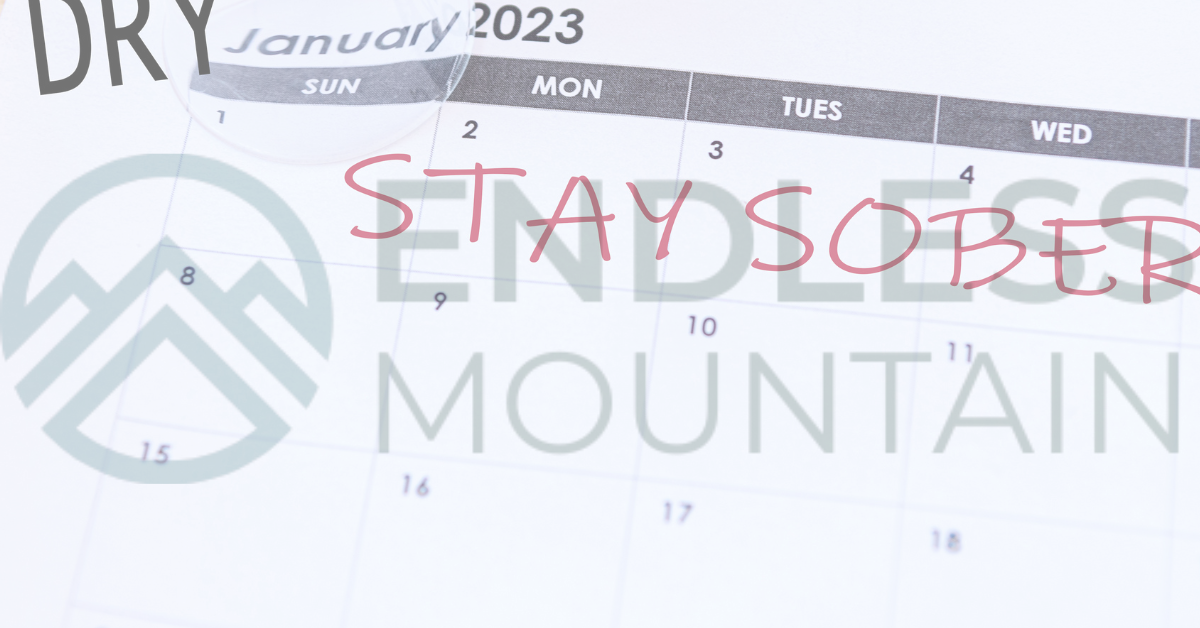What Is a Dry Drunk? Understanding the Emotional Side of Sobriety
Sobriety isn’t just about quitting alcohol—it’s about healing your mindset, habits, and emotional responses. For some, giving up drinking doesn’t mean the internal struggle ends. If you or someone you love has stopped drinking but still seems angry, unhappy, or emotionally unwell, they may be experiencing what’s known as “dry drunk syndrome.”
At Endless Mountain Behavioral Health Center, we believe lasting recovery goes far beyond physical abstinence. Let’s explore what it means to be a “dry drunk,” how to recognize it, and most importantly—how to move forward.
What Is a Dry Drunk?
Understanding and recognizing dry drunk syndrome is a crucial step in the recovery journey. The term dry drunk refers to someone who has quit drinking alcohol but hasn’t addressed the underlying emotional and psychological issues that contributed to their addiction. They may be sober in a physical sense, but their behavior, mindset, and coping strategies haven’t changed.
The term ‘dry drunk’ is not meant to shame or blame. Instead, it highlights a common and serious phase in recovery where personal growth has stalled—despite no longer drinking.
Signs of Dry Drunk Syndrome
Someone struggling with dry drunk syndrome might:
- Show resentment or bitterness toward others who still drink or seem “free” to use substances.
- Act irritable, moody, or hostile without apparent cause.
- Feel stuck, unmotivated, or hopeless about life after sobriety.
- Engage in risky behaviors or new compulsions like gambling, overeating, or excessive spending.
- Glorify or reminisce about past drinking without acknowledging the harm it caused
- Avoid support systems like therapy, 12-step meetings, or sober communities.
- Blame others for their unhappiness or challenges in recovery
These symptoms reflect emotional stagnation—a state where the body may be sober, but the mind is still living in old, unhealthy patterns.
Why Does Dry Drunk Syndrome Happen?
Alcohol is often used as a coping tool to numb pain, escape reality, or manage stress. When that coping mechanism is taken away, people are left to confront the emotions they once avoided—without yet having healthier tools to handle them.
Without therapy, peer support, or self-work, the emotional toll of early recovery can build up and leave someone feeling overwhelmed, frustrated, and lost. This is especially common in people who quit drinking without formal treatment or emotional support.
Is a Dry Drunk Still Considered Sober?
Technically, yes—they’re not using alcohol. But recovery isn’t just about not drinking. It’s about transforming the behaviors, beliefs, and emotions that once fueled addiction.
Think of it this way: a person can stop drinking but still be controlled by the same anger, shame, or fear they had during active addiction. Until those issues are addressed, the risk of relapse—or simply living an unhappy, unfulfilled life—remains high.
How to Heal from Dry Drunk Syndrome
The good news is that this phase is not permanent. With the proper support and tools, emotional sobriety is within reach. Here are a few ways to begin the process:
1. Seek Therapy
Working with a licensed therapist helps individuals unpack past trauma, process emotions, and develop healthier ways to cope. Cognitive Behavioral Therapy (CBT), trauma-informed care, and individual counseling are all powerful tools in this stage of recovery.
2. Join a Support Group
Whether it’s AA, SMART Recovery, or another peer-led group, sharing experiences can reduce isolation and increase accountability.
3. Practice Mindfulness and Self-Awareness
Developing daily habits like journaling, meditation, or breathing exercises helps individuals become more aware of their feelings and reactions—rather than just acting on them.
4. Embrace Whole-Person Recovery
Proper recovery involves addressing mental health, relationships, spiritual beliefs, and lifestyle choices. Many people find renewed purpose and joy by exploring new interests, building routines, and prioritizing self-care.
5. Know When to Ask for Help
If dry drunk behaviors persist or worsen, it may be time to return to treatment. Whether through outpatient therapy or a more structured program, there is no shame in seeking additional support.
Why This Matters in Pennsylvania
Mental health and addiction remain growing concerns in Pennsylvania. With rural counties like Bradford, Susquehanna, and Tioga facing limited access to care, understanding the full scope of recovery is critical. It’s not enough to stop using substances; we must also help people live well without them.
Sobriety Is a Starting Line, Not the Finish Line
It’s important to remember that being sober doesn’t mean the hard part is over. In fact, for many people, it’s where the real work begins. The dry drunk syndrome is a usual but risky place to be in recovery. But with the right help, it doesn’t have to last.
At Endless Mountain Behavioral Health Center, we support the whole journey: mind, body, and soul. Recovery isn’t just about surviving without alcohol; it’s about thriving beyond it.

